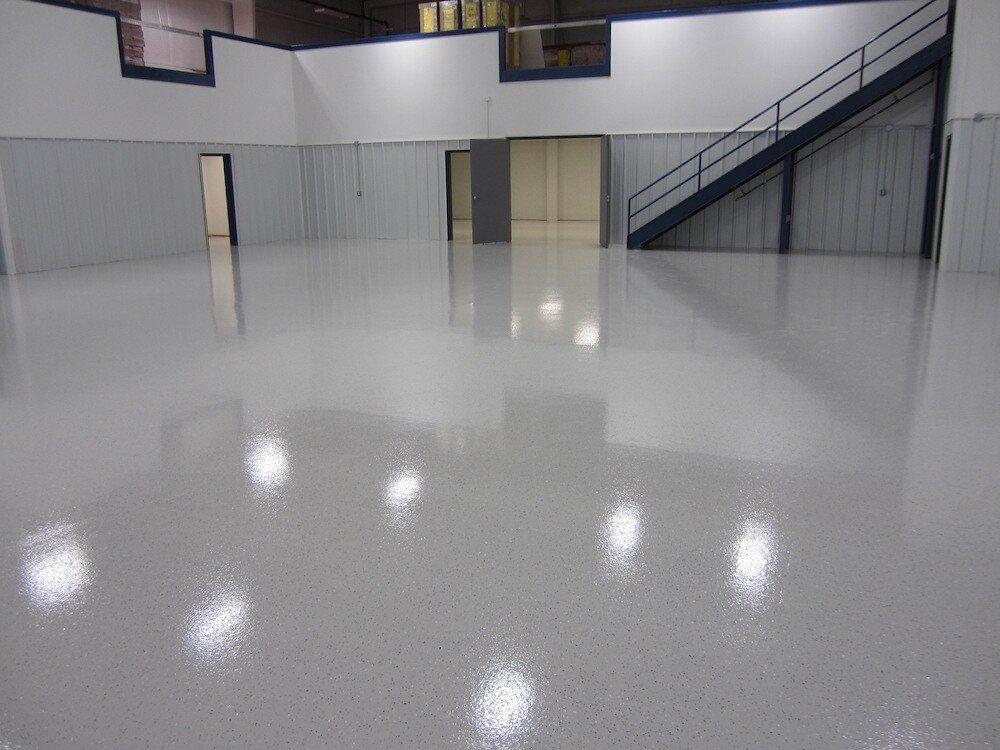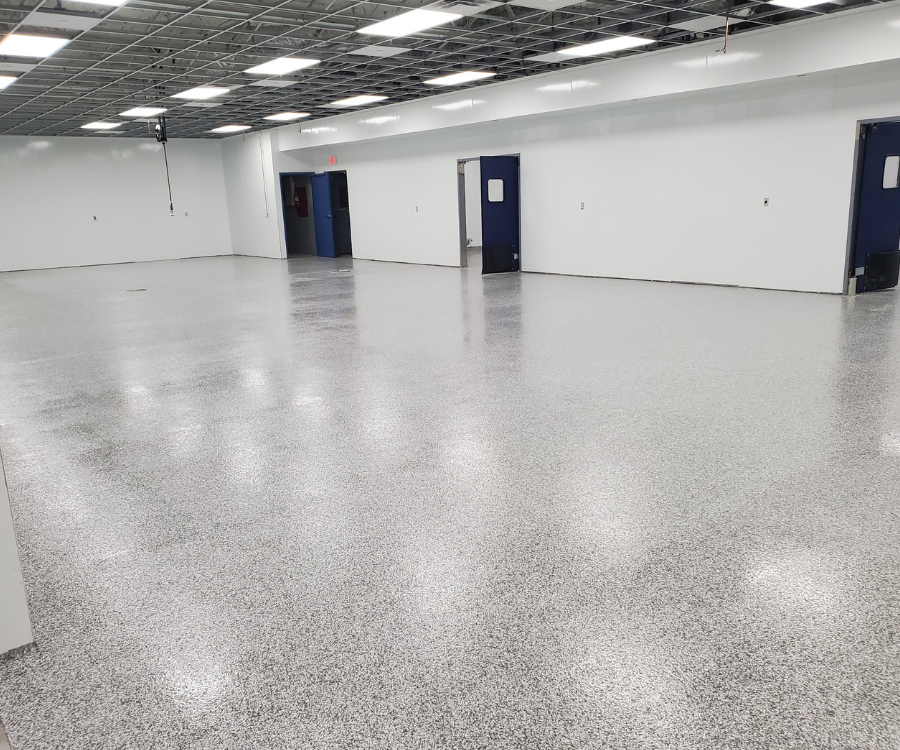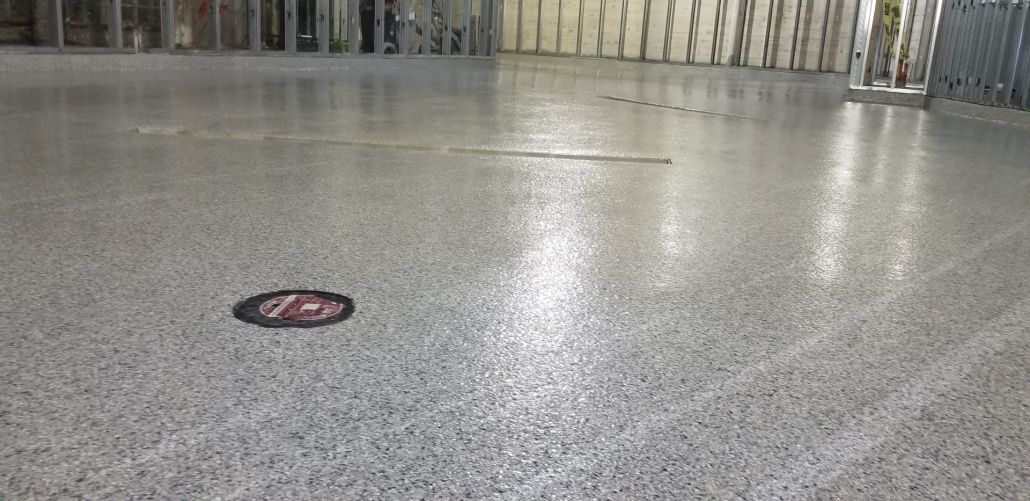It’s very important to have a high quality flooring installed in any industrial environment. Not only for its ability to withstand the general wear and tear that comes with being in a busy industrial environment, but also for health and safety.
Here’s some reasons why a high quality industrial floor is so important:
Withstands Heavy Machinery and Foot Traffic
Having been in the industrial flooring business for many years, we have come to realize that a lot of businesses underestimate the importance of having a high quality industrial floor installed in their workplace. All industrial environments have heavy machinery of some description, as well as a lot of foot traffic. It’s important for an industrial flooring solution to withstand this, otherwise damage can occur extremely quickly. Though high quality industrial floors have been designed with this in mind, those of a lower quality haven’t.
Its Cost Effective
When you opt for a low quality flooring option, you run the risk of paying out for repairs a lot sooner than you initially expected. In fact, you may even need to have the entire floor replaced. Not only does this result in further costs for you, but it can quickly see the price of a low quality floor rise above that of a high quality alternative in the long run. Often, it’s a lot more cost effective to invest in high quality from the start.
Protects Anyone Using the Workplace
A damaged floor can result in broken machinery and safety concerns, which can lead to personal injury and accidents. This is why it’s vital to choose a floor that can resist damage as much as possible, whether that’s in the form of a crack or a dent.
Flooring That Handles Industrial Hazards
Polyurea is resistant to cracking, a common problem with concrete, and offers durability against abrasion, corrosion, temperature extremes, and chemical spills. Although it is critical to remove spills as soon as possible, common industrial incidents won’t destroy epoxy floors.
FAQ
How It Works
1. Contact us
Contact us by telephone, email or via the contact form.
2. Tell us your needs
Describe your project and tell us your budget.
3. We'll prepare an estimate
We'll prepare a plan for you to review and approve.
4. Project starts
Once we've agreed on all the details, we'll get started.
5. On time, every time
Project ends when you're fully satisfied.








